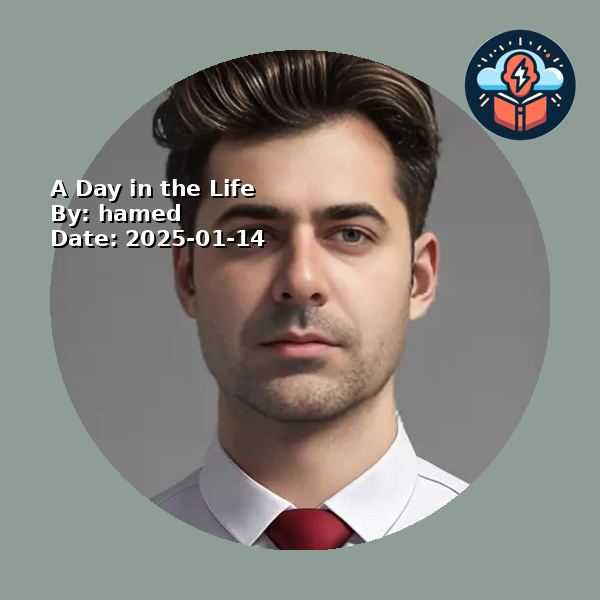It used to be that Marta’s mornings began with the sound of the rooster crowing, just as the first light of dawn broke over the mountainside. She would rise from her small, modest home in the village, step outside to feel the coolness of the earth beneath her bare feet, and tend to her crops. The soil was her world, the fields her second home. There was rhythm to it, a simplicity in the steady march of seasons. She knew the land. It gave back what she put in. And the days were long, but not without purpose.
She remembers those days—before the land became more of a burden than a blessing.
Now, her alarm rings at 6:00 a.m. like it always has, but the sound is jarring in a way that the rooster never was. She’s no longer outside with the soil beneath her fingers; instead, she’s in a small room with a computer screen glowing in front of her. No more hoeing rows of maize or chasing off the crows. Now, she sits, squinting at a spreadsheet.
The transition from farm to office had been gradual, like the slow creep of winter. At first, it was just a few hours of bookkeeping after the day’s work. Then, the bookkeeping grew into data entry, and data entry became part of a digital program that promised efficiency. It wasn’t a choice—it was just a way of keeping up with the demands. The village she once knew was becoming a place where phones and computers replaced the hands that had once harvested the land.
By 8:00 a.m., she’s in the virtual meeting, listening to a colleague from another part of the country explain the quarterly financial outlook. It’s a far cry from the mornings of her youth, spent mending fences or checking the water lines. She no longer knows the names of the fields she used to wander, nor the feel of the soil turning beneath her fingers. She looks out of the window at the farm she’s inherited, the fields that no longer yield as they once did.
She sips her coffee, tapping at her keyboard, typing words she once never had to learn. She scrolls through reports on crop yields, analyzing data for the agritech company she now works for. The work is necessary, she tells herself. The money is better, and the hours are predictable. But her heart is elsewhere.
At noon, she gets up from her desk and takes a short break. She steps outside, feeling the heat of the sun on her skin, just as she did in the past. The wind rustles through the trees, but it doesn’t feel the same. The scent of the earth is missing, replaced by the faint hum of cars passing by on the nearby highway.
Her lunch is quick, consumed at her desk. There’s no time to sit with the family like they used to. There are no conversations about the day's work on the farm. There’s no laughter, no shared stories as they sat around the table together after a long day of labor. Instead, there’s a quiet isolation. Her connection to the land has become distant.
By 4:00 p.m., Marta is finally finished with the day’s tasks. She feels the weight of the hours spent in front of a screen. There’s no satisfaction of physical exhaustion, no sense of accomplishment that comes from planting seeds, tending to crops, or watching something grow. She turns off the computer, her fingers stiff from hours of typing. The screen fades to black, leaving her alone with her thoughts.
She steps outside once more, this time lingering longer. The sunset is the same, casting long shadows over the fields. But there’s a sadness in the air, a sense of nostalgia for something that’s slipping away.
In the distance, Marta can see the next generation—young people from the village—working in the fields, their heads bent in concentration, their hands moving through the soil. They’re still holding on to what she once knew. The world is changing, and the fields are changing with it, but there’s something deeply human about the way they work. Something that can’t be replaced by a computer screen or a spreadsheet.
Marta looks out over the land one last time before heading back inside. Tomorrow will be another day of numbers and reports. But maybe, just maybe, there’s still time to reclaim a little of what was lost.
She doesn’t know how, but she’s going to try.
